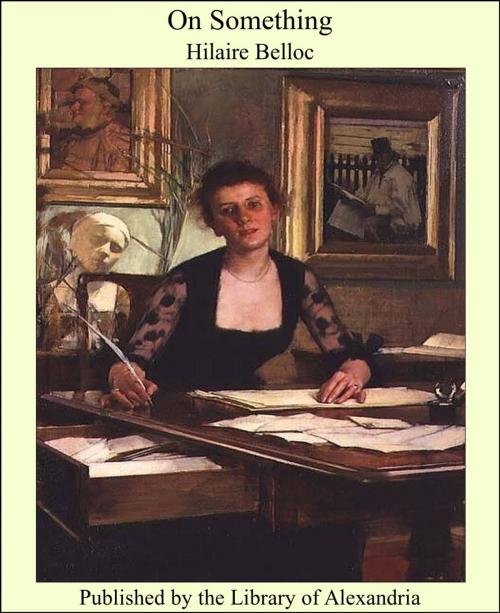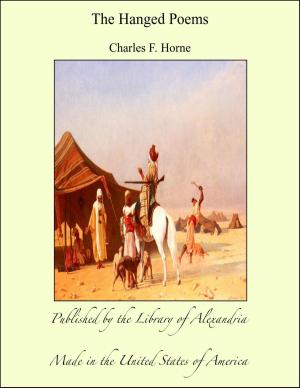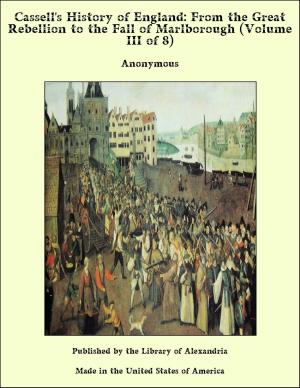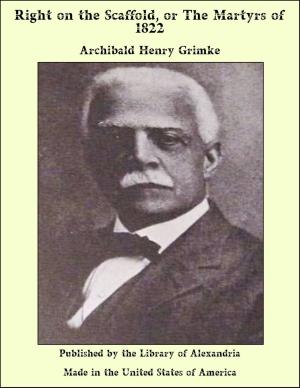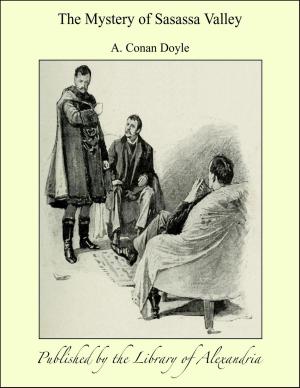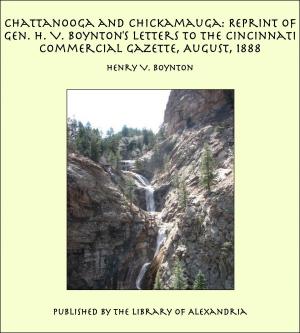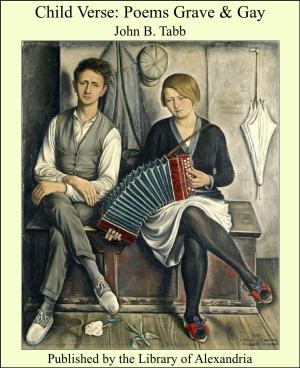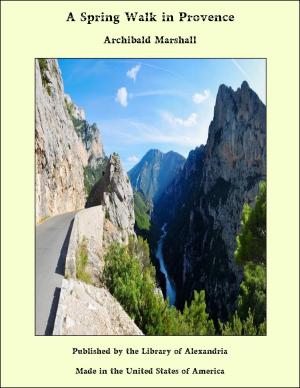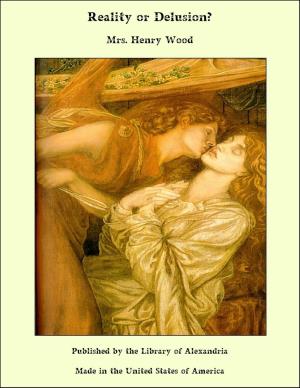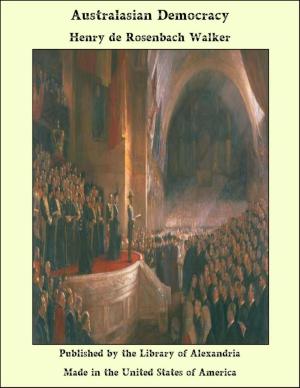| Author: | Hilaire Belloc | ISBN: | 9781465529275 |
| Publisher: | Library of Alexandria | Publication: | March 8, 2015 |
| Imprint: | Language: | English |
| Author: | Hilaire Belloc |
| ISBN: | 9781465529275 |
| Publisher: | Library of Alexandria |
| Publication: | March 8, 2015 |
| Imprint: | |
| Language: | English |
A PLEA FOR THE SIMPLER DRAMA It is with the drama as with plastic art and many Other things: the plain man feels that he has a right to put in his word, but he is rather afraid that the art is beyond him, and he is frightened by technicalities. After all, these things are made for the plain man; his applause, in the long run and duly tested by time, is the main reward of the dramatist as of the painter or the sculptor. But if he is sensible he knows that his immediate judgment will be crude. However, here goes. The plain man sees that the drama of his time has gradually passed from one phase to another of complexity in thought coupled with simplicity of incident, and it occurs to him that just one Further step is needed to make something final in British art. We seem to be just on the threshold of something which would give Englishmen in the twentieth century something of the fullness that characterized the Elizabethans: but somehow or Other our dramatists hesitate to cross that threshold. It cannot be that their powers are lacking: it can only be some timidity or self-torture which it is the business of the plain man to exorcise. If I may make a suggestion in this essay to the masters of the craft it is that the goal of the completely modern thing can best be reached by taking the very simplest themes of daily life—things within the experience of the ordinary citizen—and presenting them in the majestic traditional cadence of that peculiarly English medium, blank verse
A PLEA FOR THE SIMPLER DRAMA It is with the drama as with plastic art and many Other things: the plain man feels that he has a right to put in his word, but he is rather afraid that the art is beyond him, and he is frightened by technicalities. After all, these things are made for the plain man; his applause, in the long run and duly tested by time, is the main reward of the dramatist as of the painter or the sculptor. But if he is sensible he knows that his immediate judgment will be crude. However, here goes. The plain man sees that the drama of his time has gradually passed from one phase to another of complexity in thought coupled with simplicity of incident, and it occurs to him that just one Further step is needed to make something final in British art. We seem to be just on the threshold of something which would give Englishmen in the twentieth century something of the fullness that characterized the Elizabethans: but somehow or Other our dramatists hesitate to cross that threshold. It cannot be that their powers are lacking: it can only be some timidity or self-torture which it is the business of the plain man to exorcise. If I may make a suggestion in this essay to the masters of the craft it is that the goal of the completely modern thing can best be reached by taking the very simplest themes of daily life—things within the experience of the ordinary citizen—and presenting them in the majestic traditional cadence of that peculiarly English medium, blank verse
